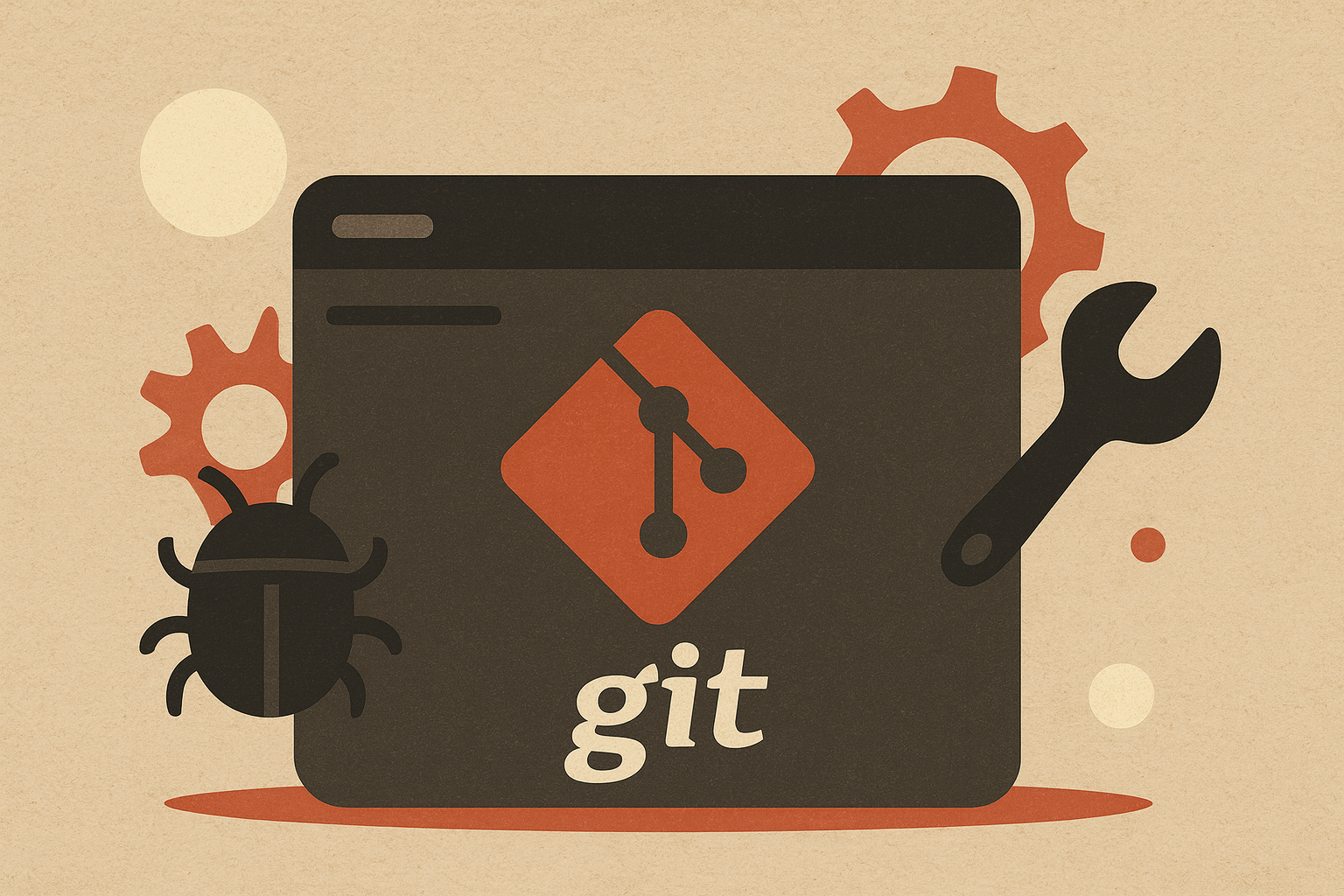What is ConcurrentModificationException?
This exception occurs in Java.
It is related to collections like ArrayList or HashMap.
The error happens during iteration.
You iterate over a collection.
Simultaneously, you try to modify it.
Modification can be adding, removing, or updating elements.
This action is not allowed for most standard collections.
The iterator detects the change.
It then throws ConcurrentModificationException.
This is a “fail-fast” behavior.
It prevents unpredictable outcomes from concurrent modification.
Common Cause and Solution
The main cause is modifying a collection while iterating it.
Modifying a List During Iteration
A common mistake is removing an element inside a for-each loop.
Problematic Code:
import java.util.ArrayList;
import java.util.List;
public class Main {
public static void main(String[] args) {
List<String> fruits = new ArrayList<>();
fruits.add("Apple");
fruits.add("Banana");
fruits.add("Cherry");
// This loop will throw ConcurrentModificationException
for (String fruit : fruits) {
if (fruit.equals("Banana")) {
fruits.remove("Banana");
}
}
}
}
The for-each loop uses an iterator internally.
Calling fruits.remove() changes the list’s structure.
The iterator detects this and fails.
Solution 1: Use an Iterator Explicitly
You can use the iterator’s remove() method.
This is the safe way to modify a collection during iteration.
Corrected Code:
import java.util.ArrayList;
import java.util.Iterator;
import java.util.List;
public class Main {
public static void main(String[] args) {
List<String> fruits = new ArrayList<>();
fruits.add("Apple");
fruits.add("Banana");
fruits.add("Cherry");
Iterator<String> iterator = fruits.iterator();
while (iterator.hasNext()) {
String fruit = iterator.next();
if (fruit.equals("Banana")) {
iterator.remove(); // Safe removal
}
}
System.out.println(fruits); // Output: [Apple, Cherry]
}
}
Solution 2: Use removeIf() (Java 8+)
For simple conditional removal, Java 8 introduced removeIf().
It is more concise and less error-prone.
Corrected Code (Java 8+):
import java.util.ArrayList;
import java.util.List;
public class Main {
public static void main(String[] args) {
List<String> fruits = new ArrayList<>();
fruits.add("Apple");
fruits.add("Banana");
fruits.add("Cherry");
fruits.removeIf(fruit -> fruit.equals("Banana")); // Clean and safe
System.out.println(fruits); // Output: [Apple, Cherry]
}
}
Solution 3: Create a Copy for Iteration
You can iterate over a copy of the collection. Then, you can safely modify the original collection. This is useful for more complex logic than just removal.
Corrected Code:
import java.util.ArrayList;
import java.util.List;
public class Main {
public static void main(String[] args) {
List<String> fruits = new ArrayList<>();
fruits.add("Apple");
fruits.add("Banana");
fruits.add("Cherry");
List<String> toRemove = new ArrayList<>();
for (String fruit : fruits) {
if (fruit.equals("Banana")) {
toRemove.add(fruit);
}
}
fruits.removeAll(toRemove);
System.out.println(fruits); // Output: [Apple, Cherry]
}
}
Conclusion
ConcurrentModificationException is a common issue.
It protects you from bugs in multi-threaded and single-threaded code.
Never modify a collection directly inside a for-each loop.
Instead, use an Iterator, the removeIf() method, or a temporary collection.
Choosing the right method depends on your specific needs.
These practices will help you write safer and cleaner Java code.

Leave a comment